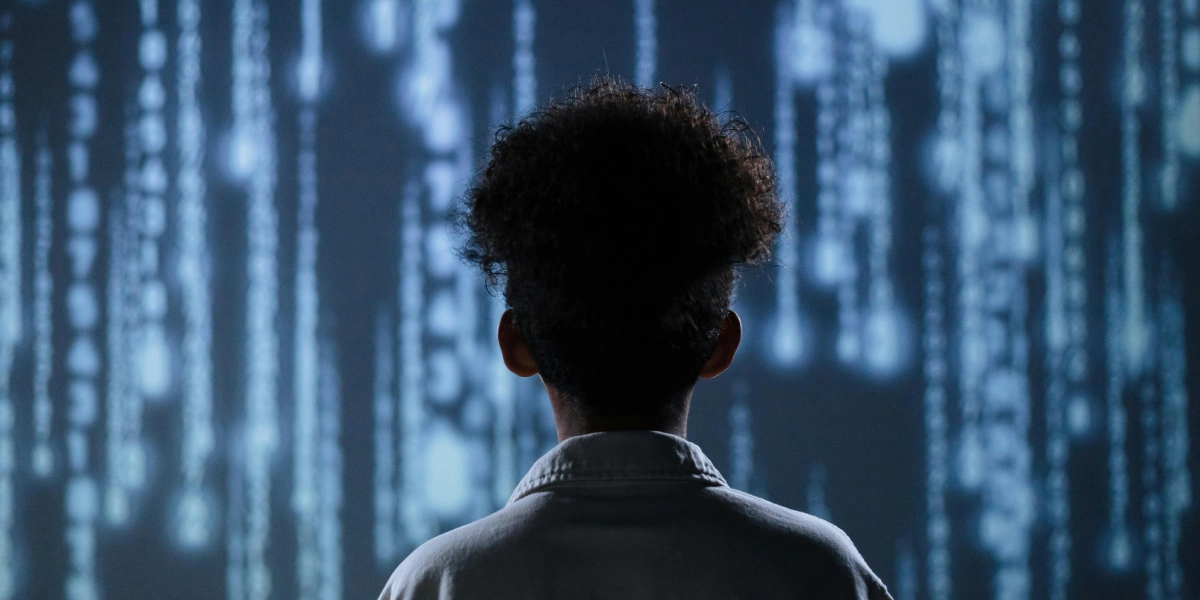For too long, the narrative surrounding Africa and technology has focused on bridging the digital divide – the fundamental access to the internet and basic digital literacy. While these remain critical, a new chapter is unfolding, one where AI is not just a consumer product but a powerful tool for leapfrogging traditional development hurdles and forging a unique path forward.
Imagine a smallholder farmer in rural Kenya, battling unpredictable weather patterns and crop-destroying pests. Traditionally, their decisions rely on generations of inherited knowledge and often limited access to real-time information. Now, picture them using a simple mobile app powered by AI. This app analyzes satellite imagery, weather data, and even local soil conditions to provide personalized advice on planting times, optimal irrigation, and early warnings about potential threats. This isn’t science fiction; it’s a reality being piloted in various agricultural initiatives across the continent, promising increased yields, reduced waste, and a more secure livelihood for millions.
The impact of AI extends far beyond agriculture. In healthcare, where access to qualified professionals is often scarce, AI-powered diagnostic tools are emerging as game-changers. Imagine a remote clinic in Nigeria where an AI algorithm can analyze medical images, like X-rays, with remarkable accuracy, flagging potential issues for human doctors to review. This allows for faster diagnoses, earlier interventions, and the potential to reach underserved populations who might otherwise go without critical medical attention. Furthermore, AI is being used to analyze disease patterns, predict outbreaks, and optimize the distribution of limited medical resources, leading to more effective public health responses.
Education, too, stands on the cusp of transformation. AI-powered learning platforms can personalize educational content to individual student needs, adapting the pace and style of learning to maximize comprehension. In classrooms across Africa, where teacher-to-student ratios are often high and resources limited, AI can act as a virtual tutor, providing tailored support and feedback, ultimately improving learning outcomes and fostering a more engaged student body. Imagine a child in Ethiopia accessing a world-class education through an AI-powered platform that caters to their specific learning style, opening doors to opportunities previously unimaginable.
However, the integration of AI in the developing world, particularly in Africa, is not without its challenges. Issues surrounding data privacy, algorithmic bias (which could perpetuate existing inequalities if not carefully addressed), and the need for robust digital infrastructure are crucial considerations. Moreover, ensuring that the benefits of AI are inclusive and reach the most vulnerable populations requires careful planning, ethical frameworks, and a focus on building local expertise in AI development and deployment.
The conversation around technology in Africa must shift from simply being consumers of innovations developed elsewhere to becoming active creators and shapers of AI solutions tailored to the continent’s unique needs and contexts. This requires investment in education and training programs that equip young Africans with the skills to understand, develop, and deploy AI. It also necessitates fostering an ecosystem that supports local innovation and entrepreneurship in the AI space.
The potential is immense. Imagine AI-powered platforms streamlining logistics and supply chains, connecting small businesses to wider markets and fostering economic growth. Picture AI tools helping to manage natural resources more sustainably, addressing the challenges of climate change and environmental degradation. Consider AI algorithms assisting in fraud detection and improving governance, contributing to greater transparency and accountability.
The journey of AI in Africa is just beginning, but the early signs are undeniably promising. It’s a chance to leapfrog traditional development stages, to address critical challenges in innovative ways, and to unlock the immense potential of the continent’s people. As the algorithms learn and adapt, so too will the developing world, forging a future where technology, driven by AI, empowers communities, transforms economies, and builds a more prosperous and equitable Africa.

